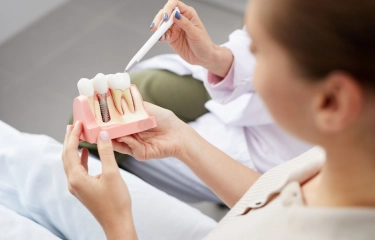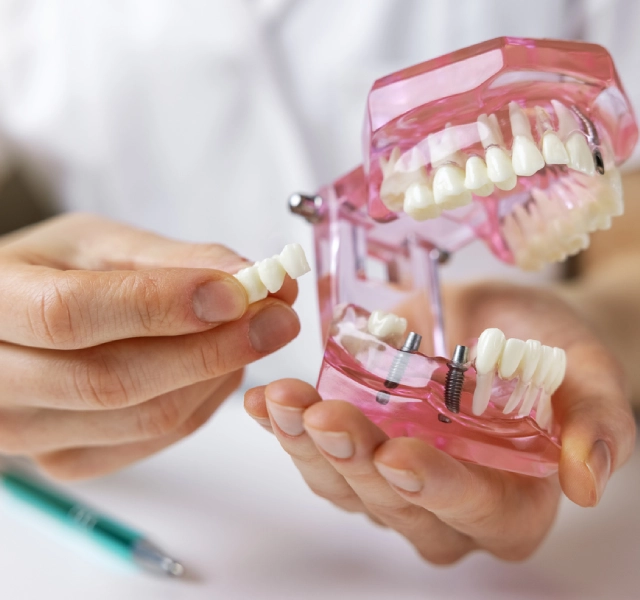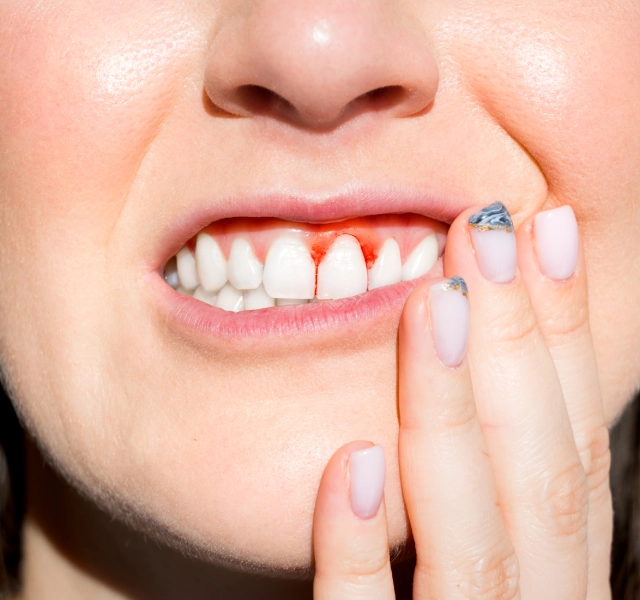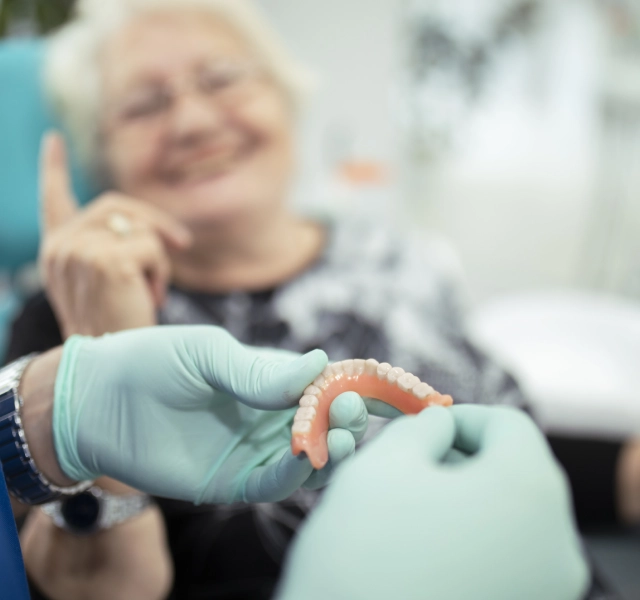-
Meet the Team
-
Services
-
Patient Resources
Meet the Team
SCHEDULE A VIRTUAL CONSULT
Services
SCHEDULE A VIRTUAL CONSULT
Patient Resources
SCHEDULE A VIRTUAL CONSULT
Menu

Contact our office if you have any questions.


Some bleeding and redness in the saliva is normal for 24 hours. Excessive bleeding (your mouth filling up rapidly with blood) can be controlled by biting on a gauze pad placed directly on the bleeding wound for 30 minutes. If bleeding continues please call for further instructions.
Swelling is a normal occurrence after surgery. To minimize swelling apply an ice bag or a plastic bag or towel filled with ice on the cheek in the area of surgery. Apply the ice continuously, as much as possible, for the first 36 hours.
Drink plenty of fluids. Avoid hot liquids or food. Soft food and liquids should be eaten on the day of surgery. Return to a normal diet as soon as possible unless otherwise directed.
You should begin taking pain medication as soon as you feel the local anesthetic wearing off. For moderate pain, one or two Tylenol or Extra Strength Tylenol may be taken every three to four hours. Ibuprofen, Advil or Motrin may be taken instead of Tylenol. Ibuprofen can be bought over-the-counter and comes in 200mg tablets. Two to three tablets may be taken every three to four hours as needed for pain. For severe pain, the prescribed medication should be taken as directed. Do not take any of the above medication if you are allergic or have been instructed by your doctor not to take it.
Be sure to take the prescribed antibiotics as directed to prevent infection. Any deviation from the instructions may contribute to infection and cause failure of the implant.


Good oral hygiene is essential to good healing. One day after surgery, warm salt-water rinses should be used at least four to five times a day, especially after meals. Start brushing your teeth and the implant healing collars three days after surgery. Be gentle initially with brushing in the surgical area so to not disturb stitches, membranes or lift up the gums.
Keep physical activities to a minimum immediately following surgery. If you are considering exercise, throbbing or bleeding may occur. If this occurs, you should discontinue exercising. Keep in mind that you are probably not taking normal nourishment. This may weaken you and further limit your ability to exercise.
Please be cautious when functioning on temporary crowns. Chew carefully in the area of the temporaries. They are made of plastic or resin and may crack or break.
Now that you’ve received your implant restoring, it’s important to follow these recommendations to ensure its success.
Be sure to keep every three to four month cleanings of your implants with the hygienist.
Denture patients: in addition to three to four month cleanings, also schedule your implant maintenance appointment once a year to have any housings changed and evaluated.
If we use anesthetic during the procedure, avoid chewing until the numbness has worn off completely.
To protect your implants and denture, avoid chewing on ice or other hard objects.
Brush your implants with a soft toothbrush and floss them thoroughly every day. We may recommended special floss, brushing, mouth rinses or other cleaning aids to keep the area free of bacteria. We recommend the use of a Waterpik in conjunction with flossing the implants.
Brush and floss your tongue, gums, palate and any remaining teeth twice a day to keep them free of plaque and bacteria.


To keep your denture free from plaque, rinse it with cool water after every meal. Thoroughly clean all surfaces of the denture with a denture brush and a commercial denture cleaning product at least once a day. It’s important to keep dentures clean to prevent irritation, permanent staining and bad breath.
We may as you to remove your denture for sleeping, or for at least six to eight hours a day. Store your denture in cool water whenever it is out of your mouth. You can also soak your denture in a commercial soaking solution. After soaking, rinse dentures in cool water.
Now that final restorations have been placed on your implants its important to following these recommendations to ensure their success.
Avoid using any tobacco products. Ideally, you should quit altogether because tobacco slows healing and increases the risk that your body will reject the implants. Tobacco is the leading cause of implant failure.
If you have questions or concerns about your post-operative care, please contact our office to speak with a member of our team or schedule an appointment with our dentist.

Business Hours
Copyright © 2024 Hardy Smiles | Dental Marketing by WEB MARKETING FOR DENTISTS